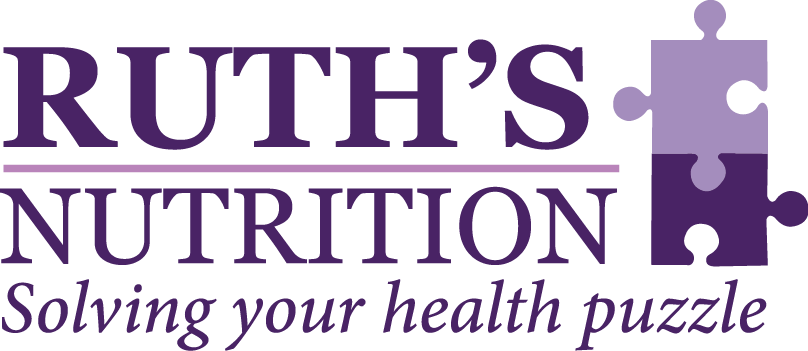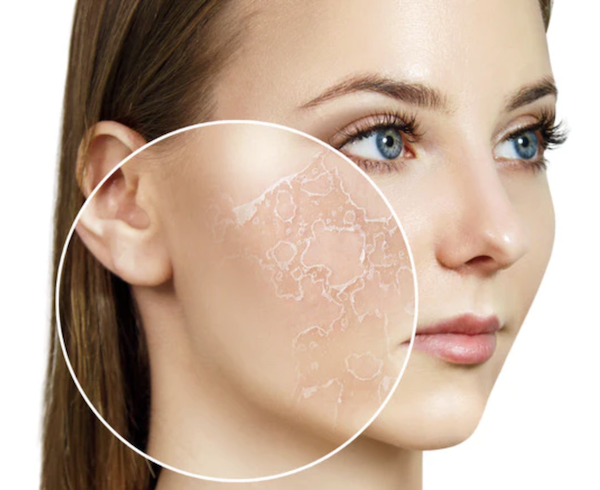Could it be my thyroid?
By Sue Cummings
You’re tired all the time, your hair is thin or falling out, you can’t lose weight, you’re constipated, and you’re nails are brittle. Something’s definitely not right and you think it might be your thyroid. Welcome to the club of about 14 million Americans, most of them women.
I’m a long-time member of this hypothyroid club, and I’ve spent years trying to understand what’s going on. I’d like to share with others a few things I’ve learned along the way.
1. If you think you’re hypothyroid, ask your doctor for a complete thyroid panel.
Most doctors test only TSH, thyroid stimulating hormone. That’s the hormone your pituitary sends to your thyroid, telling it to make more thyroid hormone (T3, the active form, and T4). While this is the standard of care, many contend that patients can have a “normal” TSH while still having inadequate thyroid hormone in the tissues. Most functional medicine doctors will order a complete thyroid panel along with thyroid antibody testing to get a more complete picture of what’s going on. (The antibody testing tells you if your condition is autoimmune.)
2. If you’re hypothyroid, chances are you have an autoimmune disease.
Ninety-five percent or more of all hypothyroid cases are Hashimoto’s disease, an autoimmune condition that indicates your immune system is functioning abnormally. Conventional doctors likely will not treat you any differently than if you simply have a slow-functioning thyroid, that is, they will prescribe replacement thyroid hormone. That is the standard of care. But in my mind it pays to know if you have an autoimmune disease because if you have one you are likely to get more. For me it meant I needed to pay attention to lowering inflammation and stress, while cleaning up my diet in order to minimize my chances of coming down with rheumatoid arthritis, etc.
3. If you think hypothyroid means you should increase your iodine intake, think again.
Supplementing with iodine (kelp, etc.) in Hashimoto’s is highly controversial. Plenty of studies show that iodine will indeed increase T3 production, giving you more energy, but at the same time it can increase the autoimmune attack on thyroid tissue. That’s why many practitioners see supplemental iodine in Hashimoto’s as pouring gasoline on an autoimmune fire. Read up on this topic (see references below) to make your own informed decision. If you decide to take more than 150 mcg of iodine daily, most functional medicine docs recommend you also supplement with 200 mcg of selenium as it can help protect the thyroid from the free radical damage iodine can cause. They also recommend you have your thyroid antibodies tested periodically, so you can see if iodine is indeed increasing the autoimmune attack.
4. If you have Hashimoto’s, it pays to clean up your diet.
Dr. Datis Kharrazian, author of “Why Do I Still Have Thyroid Symptoms When My Blood Tests Are Normal?”, recommends changing your diet as the first step in self-care for addressing Hashimoto’s. Since numerous studies link gluten intolerance and Hashi’s, Kharrazian recommends giving up gluten, then doing an elimination diet to uncover any other food sensitivities that could be adding unnecessary inflammation. (I personally found going gluten-free to both help my gut issues and give me more energy.)
5. Taking thyroid medication is not necessarily a bad thing.
If you have Hashimoto’s, any time your thyroid makes hormone your immune system can attack it. The whole idea of giving replacement thyroid hormone is to lessen the attack on your thyroid, saving as much tissue as possible, while giving the patient more energy and better quality of life. If you are uncomfortable with synthetic hormones such as Synthroid or generic levothyroxine, you can request your doctor prescribe natural hormone in the form on Nature Throid or Armour Thyroid.
6. Consider finding a functional medicine doctor.
Functional medicine doctors look for the root cause of your condition with a holistic view of your overall health. It means you as the patient will have to do some work – change your diet, lifestyle, etc. – so if you aren’t willing to do that stay with conventional medicine. To find a functional medicine doc, go to functionalmedicine.org and click on Find a Practitioner. Chances are you’ll have to travel to see one. Be sure to ask ahead of time if this practitioner takes insurance; plenty do, but some are cash only.
7. Become informed about your condition.
My favorite sources for thyroid information are Thyroid Pharmacist and Datis Kharrazian. You can also learn a lot from Stop The Thyroid Madness. (For Graves disease, which is hyperthyroidism, see Elaine Moore .)
REFERENCES:





